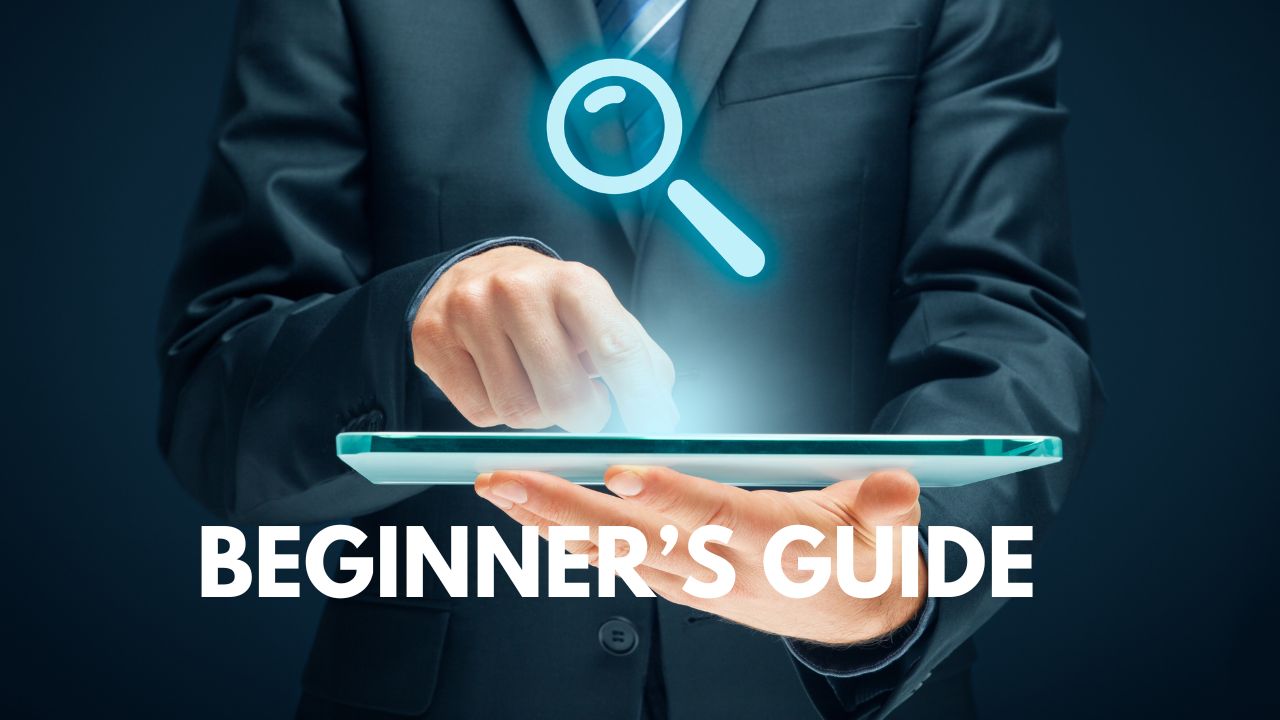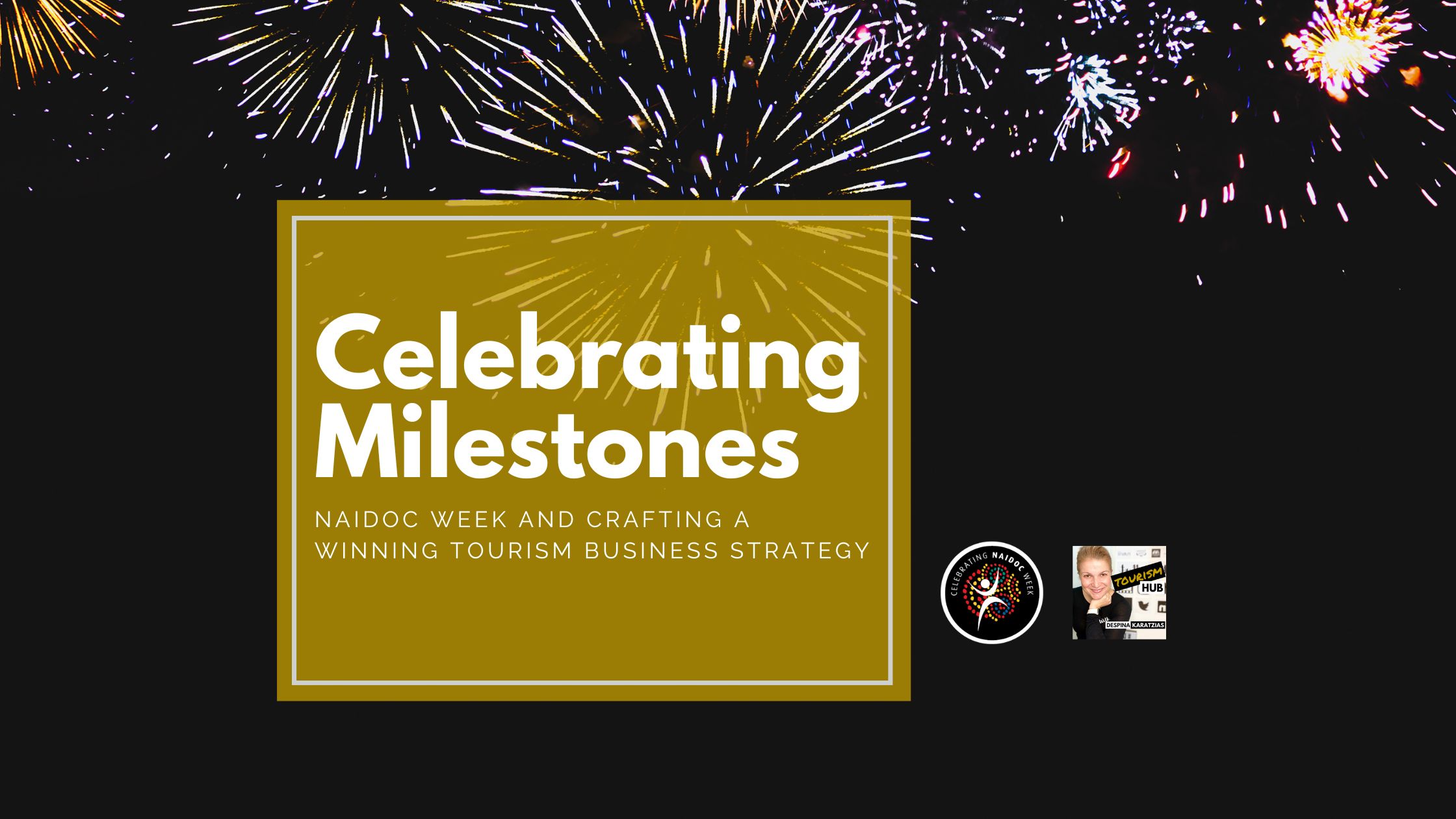According to the Australian Bureau of Statistics, in excess of 60 per cent of small businesses stop working within the first three years of startup. It’s an unimaginably overwhelming figure, and it’s something that is tossed at numerous an energetic businessman who announces to the world that he/she is going to begin a new business venture.
But what precisely is turning out badly?
The Australian Securities and Investments Commission (ASIC) discharged a report into corporate bankruptcies for 2011-2012 that discovered 44 per cent of businesses endured poor strategic management. 40 per cent had insufficient cash flow or high cash use and 33 per cent experienced trading losses.
A roundup of the key small business statistics kept by various Australian Government agencies can be found in a report titled ‘Small Business Counts‘ by Australian Small Business and Family Enterprise Ombudsman.
The report confirms the size and importance of the small business sector to the Australian economy. In total there were 2,065,523 small businesses in Australia with under 19 employees, representing 97 per cent of every Australian business by employee size. There were 51,000 medium-sized businesses, utilising 20 to 199 employees, which is 2.4 per cent of all firms. Just 3,700 Australian businesses employed more than 200 individuals in 2015, implying that large businesses represent just 0.2 per cent of every single Australian business.
If you are flying solo in business, you are not alone. The greater part, 61 per cent, of Australian businesses by number are sole traders without any employee. Microbusiness with 1-4 employees accounts for 27 per cent of Australian firms. Private ventures with 5-19 representatives involve 9 per cent of Australian firms. Just 3 per cent of Australian businesses have at least 20 workers.
Australia’s Tourism Businesses
When looking at the entire landscape of small business in Australia, my beloved, tourism sector made up 13 per cent (around 273,500) of a total of 2.1 million businesses in Australia in June 2015. Around 95 per cent of these organisations were non-employing, micro (1 to 4 workers), small (5 to 19 representatives) businesses.
According to a study by Tourism Research Australia, tourism ranked second among all ventures in Australia in terms of the number of businesses. The Construction service industry comes in first, holding 16 per cent of all-out businesses in Australia. Despite holding around a 5.0 per cent portion of the total tourism businesses, Australia’s medium and large businesses contributed two-thirds (66 per cent) of the total tourism income in Australia during 2014–15.
Growing Your Business Checklist
There are numerous things you have to know when you are hoping to develop your business. The checklist below covers seven key elements to running a successful business. Regardless of whether you are expanding staff, diversifying products or services, exporting goods, franchising your business or essentially moving to greater premises, this is a simple way to track where you have been and where you want to go.
1. Business Intelligence
Your business plan got you this far, however, incessant planning is critical to the continuous development of your business. As your business grows, you ought to consistently review and update your plan.
A routinely updated business plan can enable you to oversee changes to your business and accommodate new bearings. As your business grows, you’ll have to rethink issues, for example, risk management, finances, marketing, Intellectual Property (IP), insurance and its structure.
2. Marketing Intelligence
Market research is a significant factor in growing your business. Gathering statistics and market research data will enable you to address the issues of existing and potential clients and help you gain a more prominent comprehension of your industry
Think about gathering data from organisations, government bodies, trade publications, clients, industry affiliations and market reports. This data can help with modifying your business and marketing plans, make you mindful of the activities of your rivals and help you recognise new areas to develop.
A responsive marketing plan gives guidance and guarantees an orderly, clear way to deal with advancing your business. Expanding your endeavours in advertising and promotion can be a crucial step toward expanding your business and client base. In the event that you’ve rolled out huge improvements to your business, make sure to update your promoting materials, for example, business cards, signage and logos.
3. Benchmarking Intelligence
Benchmarking is the process of speaking to businesses in your industry and learning extraordinary or better methods for maintaining your business. Building up a system with these businesses will likewise guarantee you routinely share skills and stay up with the latest on industry and local information. Businesses ought to be mindful of the information they talk about with other businesses (particularly competitors) as there are laws that prohibit various anti-competitive practices that limit or prevent competition.
4. Financial Intelligence
Good financial management is basic for the development of your business. Getting your finances in order means your business can work all the more effectively and places you in a superior position when seeking funding for development.
Effectively dealing with your accounts through planning and income investigation can help guarantee that you generally have enough to pay your creditors and enough benefits to return to your business. There are a few different ways in which you can improve your money related circumstance including looking for expert advice, presenting financial systems, or getting financial training for yourself or your employees.
5. Emotional Intelligence
Since you’ve been maintaining your business for some time, you may find that you have to connect with staff and your own self-awareness.
Emotional intelligence is the ability to comprehend and deal with your feelings. The skills involved in emotional intelligence are self-awareness, self-regulation, motivation, empathy and social skills. As of late, it has turned into somewhat of a trendy expression in HR divisions over the globe however, specialists are turning out and saying that it is time passionate knowledge be paid attention to.
6. People Intelligence
To stay aware of or make business development, you have to guarantee that you’re persistently redesigning your abilities and those of your staff. Attending relevant training and workshops on new advancements, industry explicit themes or inner procedures, for example, financial management can help increase your benefits, efficiency, staff inspiration and consumer loyalty. You could likewise consider utilising an Australian Apprentice who will be trained to your business requirements.
7. Digital Intelligence
Digital intelligence involves understanding your customers and how they’re using your website, mobile site or mobile app.
In today’s mobile, multi-device and multi-channel world, digital intelligence is the ability to transform digital data into real-time, actionable, customer-centric insights.
A simple definition of Digital intelligence is “the ability to acquire and apply new knowledge and skills related to digital technologies”.
I love what Simon Waller shares in this digital intelligence blog article. I agree with Simon wholeheartedly when he says digital intelligence is more than the ability to use digital tools, but rather the know why, know what, know how and know when of digital technology to improve effectiveness and outcomes.
Digital Intelligence is fundamentally about your relationship with technology, just as Emotional Intelligence is about your relationship with others.
What I love most about what Simon shares and I have found firsthand with hundreds of small business owners and managers I have worked with over the last five years is that we are not building our Digital Intelligence intentionally, and as a result, we are not doing it very effectively either.
We take random acts of usage across new tools rather than seeking them out, and we learn necessary skills by playing rather than advanced skills through learning. I find we also do copy what our friends or competitors are doing rather than asking whether this is the best time and place to be using a particular tool. And we also have a fascination with what is new, bright and shiny rather than what is useful and practical to help achieve real business outcomes.
There is nothing wrong with playing, copying and experimenting, this is also a great way to learn. When it comes to being effective, efficient and productive however a lot of time and money can be wasted when you are not selective and invest in real education and training to enhance your efforts.
What do you think of the idea of the above Business Intelligence principals and have you done anything recently to develop yours in any of the mentioned areas? I would love to hear your thoughts.









